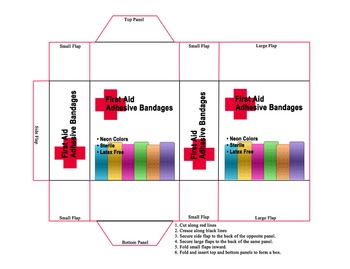

This issue, however, can be complicated because many of the people from whom Odysseus expects loyalty are actually his property. The loyal servants are rewarded those who betray their master are dealt with more harshly. Melantho goes even further, sleeping with the enemy, showing disrespect for the queen, and insulting the beggar/Odysseus.

Melanthius has become friendly with the suitors and insults Odysseus while the king is still in disguise. In contrast are goatherd Melanthius and maidservant Melantho. Also an excellent if humble host, Eumaeus makes his king proud as he speaks respectfully of the royal family and abhors the invasion of the suitors. Eumaeus, the swineherd, and Philoetius, the cowherd, are exemplary in their loyalty to their master and his possessions. Odysseus' old nurse, Eurycleia, remains loyal to Penelope and her absent master. Another example is Telemachus, who stands by his father against the suitors. The most striking example of loyalty in the epic is, of course, Penelope, who waits faithfully for 20 years for her husband's return. Zeus himself, king of the gods, is known as the greatest advocate of hospitality and the suppliants who request it yet even he allows the sea god Poseidon to punish the Phaeacians for their generous tradition of returning wayfarers to their homelands.Īnother personal virtue that is a major theme in the epic is loyalty. In fact, Polyphemus scoffs at the concept and the gods that support it. On the other hand, the Sirens are sweet-sounding hosts of death, and Cyclops (Polyphemus) makes no pretense toward hospitality.

Circe is of great assistance after Odysseus conquers her, and the Lotus-eaters might be a little too helpful. In his wanderings, Odysseus receives impressive help from the Phaeacians and, initially, from Aeolus.

Telemachus and Penelope lack the strength to evict them, nor can they hope for much help from the community because the suitors represent some of the strongest families in the area. Odysseus' own home has been taken over by a horde of suitors who crudely take advantage of Ithaca's long-standing tradition of hospitality. Hospitality, or the lack of it, affects Odysseus throughout the epic, and the reader can judge civility by the degree of hospitality offered. It was through visitors that the Homeric Greeks learned about and kept abreast of what was happening in the world beyond their local areas. Furthermore, communications are very primitive in Homer's world, and strangers bring and receive news. Civilized people, therefore, make an investment in hospitality to demonstrate their quality as human beings and in hopes that their own people will be treated well when they travel. Similarly, the residents themselves - or their friends or kin - may, at some time, be wayfarers. Often, however, strangers are but wayfarers, probably in need of at least some kind of help.
#Theme hospital level 12 code#
45) refer to hospitality as a dominant part of "the only code of moral conduct that obtains in the insecure world of The Odyssey."Īrriving strangers may be dangerous or harmless, and residents are wise to be prepared for trouble. In Homer's world, however, hospitality is essential. Thinking of hospitality as a major theme in a literary work may seem odd to modern readers. Therefore, the most complicated character, Odysseus, appropriately embodies each of the themes to one degree or another. The more complicated a character is, the more he or she engages these major themes. The reader learns about the characters through the themes. The major themes in The Odyssey are especially significant because they serve to form the moral and ethical constitution of most of the characters.


 0 kommentar(er)
0 kommentar(er)
